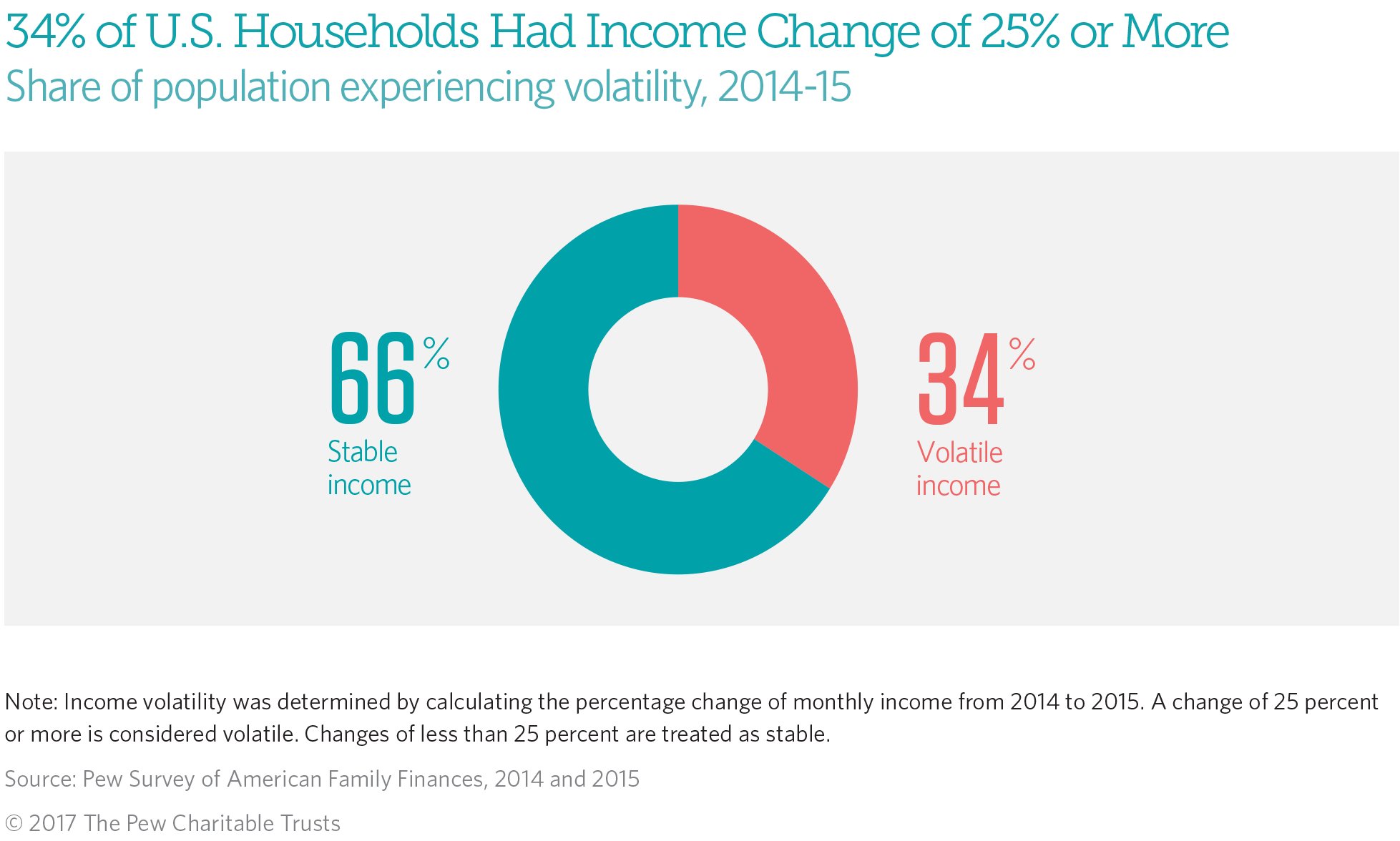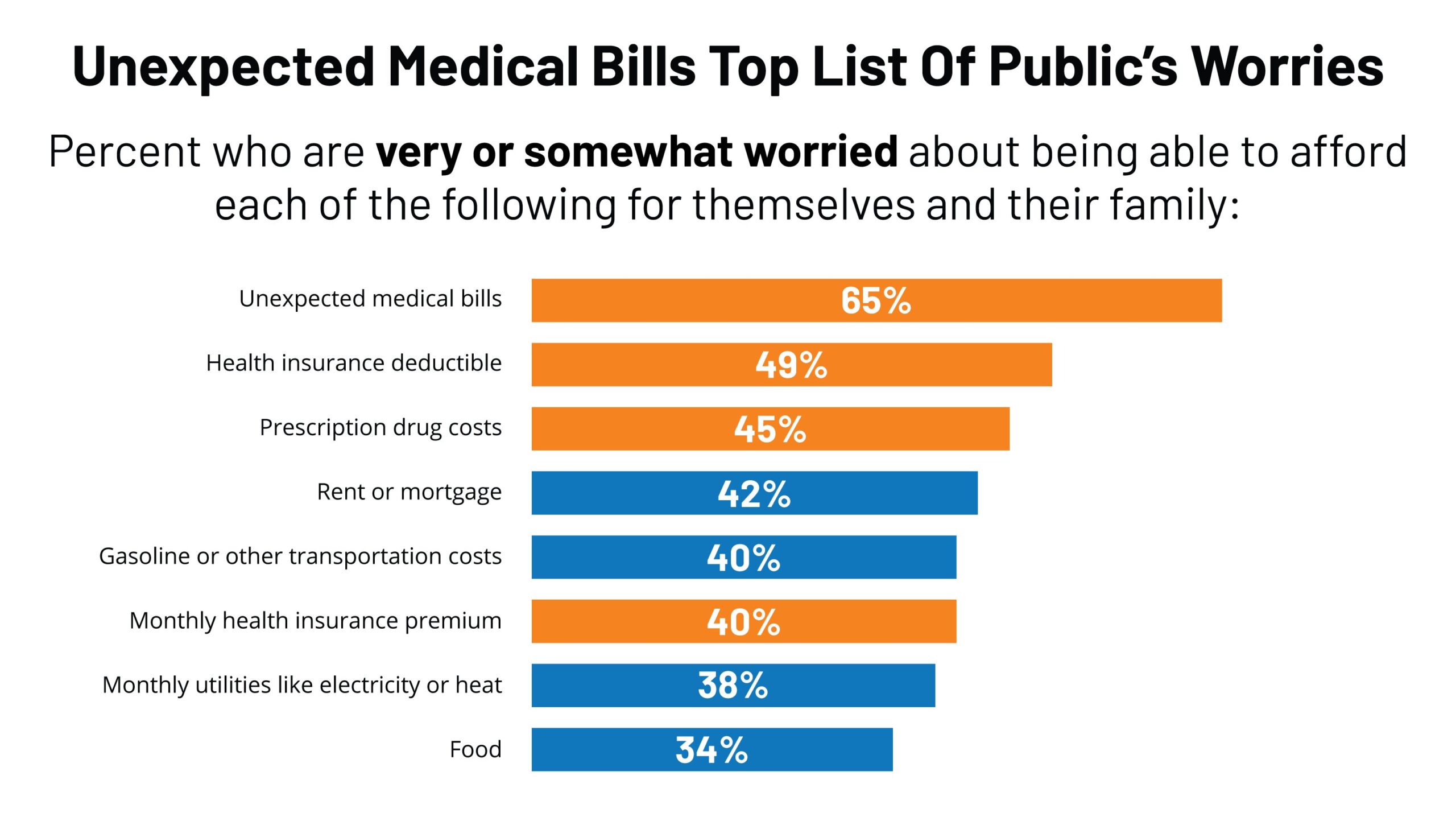If you’ve ever wondered about credit card annual fees, you’re not alone. Understanding credit card annual fees is key to making informed decisions about your finances. So, let’s dive right in and demystify this often misunderstood aspect of credit cards. Are credit card annual fees worth it? How can you avoid them? We’ll walk you through the answers to these questions and more, helping you navigate the world of credit card fees with confidence. So, whether you’re a seasoned credit card user or just starting out, this article is for you. Let’s get started!
Understanding Credit Card Annual Fees
Credit cards offer convenience and flexibility in managing your finances. They allow you to make purchases now and pay for them later. However, it’s essential to understand the various fees associated with credit cards, including annual fees. In this article, we will dive deep into credit card annual fees, exploring their purpose, how they work, ways to avoid them, and evaluating whether it’s worth paying these fees. Let’s get started!
What are Credit Card Annual Fees?
Credit card annual fees are charges imposed by credit card issuers for the privilege of having and using their credit card. Typically, these fees are charged once a year and can range from as low as $25 to as high as $550, depending on the card’s benefits and features.
It’s important to note that not all credit cards have annual fees. Some credit cards offer no-fee options, while others may waive the annual fee for the first year as an introductory promotion. However, premium or reward credit cards, which provide enhanced perks and privileges, are more likely to charge annual fees.
Why Do Credit Cards Have Annual Fees?
Credit card annual fees help cover the costs associated with providing cardholders with various benefits and services. These fees contribute to maintaining the infrastructure required for processing credit card transactions, providing customer support, and managing rewards programs.
Here are some reasons why credit cards have annual fees:
1. Enhanced Perks and Rewards: Credit cards with annual fees often come with a range of additional benefits like travel rewards, airport lounge access, concierge services, and insurance coverage. These perks can enhance your overall credit card experience and provide value for the fees paid.
2. Premium Customer Support: Cards with annual fees may offer dedicated customer support teams, ensuring that cardholders receive top-notch service and immediate assistance when needed.
3. Exclusive Access: Some credit cards charge annual fees to grant cardholders exclusive access to VIP events, presale tickets, or special promotions.
4. Limited Liability Protection: Premium cards may provide additional protection against fraudulent transactions or unauthorized use, reducing your liability in case of theft or loss.
5. Higher Credit Limits: Credit cards with annual fees often come with higher credit limits, allowing cardholders to make larger purchases or manage their expenses more effectively.
How Do Credit Card Annual Fees Work?
Credit card annual fees are typically charged to your account on a yearly basis. The fee is either billed as a one-time charge or divided into monthly installments, depending on the card issuer’s policy.
It’s important to read the terms and conditions of your credit card agreement to understand how the annual fee is assessed. Some credit cards may charge the annual fee immediately upon account opening, while others may spread it out over the first few billing cycles.
If you are unsure about when the annual fee will be charged, reach out to your credit card issuer’s customer service for clarification.
Ways to Avoid Credit Card Annual Fees
While some credit card annual fees are non-negotiable, there are a few strategies you can use to potentially avoid or minimize these fees:
1. Look for No-Fee Credit Cards: Many credit cards do not charge annual fees. If you prefer not to pay an annual fee, consider applying for a credit card without this requirement. However, keep in mind that these cards may have fewer benefits and rewards.
2. Request a Waiver or Fee Reduction: If you currently hold a credit card with an annual fee, you can contact your card issuer and ask for a waiver or a reduction in the fee. Credit card companies may be willing to accommodate your request, especially if you have been a loyal customer and have a good payment history.
3. Upgrade or Downgrade your Card: Some credit card issuers allow you to upgrade or downgrade your credit card to a different product within their portfolio. This may involve switching to a card with a lower annual fee or no annual fee at all.
4. Negotiate with your Credit Card Issuer: In some cases, credit card issuers may be willing to negotiate the annual fee or offer additional benefits to retain you as a customer. It doesn’t hurt to reach out and inquire about possible options.
5. Consider the Value and Benefits: Before committing to a credit card with an annual fee, carefully evaluate the benefits and rewards it offers. Calculate whether the value you receive from the perks justifies the cost of the annual fee.
Is Paying Credit Card Annual Fees Worth It?
Determining whether paying credit card annual fees is worth it depends on your individual financial situation, spending habits, and the benefits offered by the card. Here are a few factors to consider when making this decision:
1. Usage and Spending: Take into account how frequently you use your credit card and the amount you typically charge to it. If your spending is minimal, the annual fee may outweigh the benefits you receive.
2. Benefits and Rewards: Evaluate the perks and rewards offered by the credit card. Consider whether the value of these benefits, such as travel rewards, cashback, or insurance coverage, outweighs the cost of the annual fee.
3. Alternative No-Fee Cards: Compare the credit card with an annual fee to similar no-fee credit cards. Assess whether the additional benefits and rewards provided by the card with the fee exceed what you could get without paying an annual fee.
4. Financial Impact: Examine your overall financial situation and budget. Determine if paying an annual fee will strain your finances or negatively impact your ability to pay off your credit card balance.
Remember, everyone’s financial needs and circumstances are different. What may be valuable to one person may not be worth it for another. Take the time to review and compare different credit card options to find the one that aligns with your financial goals and preferences.
In Summary
Credit card annual fees are charges imposed by credit card issuers for the privileges and benefits they offer. While these fees may seem burdensome, they often come with enhanced perks, rewards, and services that can enhance your credit card experience.
It’s important to weigh the benefits against the cost when considering credit cards with annual fees. Take into account your spending habits, usage frequency, and the value you receive from the card’s perks. If the benefits outweigh the annual fee and align with your financial goals, paying the fee may be worthwhile.
Remember to review the terms and conditions, compare different credit card options, and consider alternative no-fee cards before making a decision. With careful evaluation, you can find a credit card that suits your needs and maximizes your financial advantage.
Credit Card Annual Fees Explained
Frequently Asked Questions
Frequently Asked Questions (FAQs)
What is a credit card annual fee?
An annual fee is a charge that credit card issuers impose on cardholders for the privilege of using the credit card. It is a fixed amount that is billed yearly and can vary depending on the type of credit card and the benefits it offers.
Why do credit cards have annual fees?
Credit card issuers charge annual fees to cover the costs of maintaining and servicing the credit card accounts. These fees also help offset the rewards and perks provided to cardholders, such as cash back, travel rewards, or exclusive access to certain events.
How much is the average credit card annual fee?
The average credit card annual fee varies depending on the type of card and the benefits it offers. It can range from $0 to several hundred dollars. Some premium or rewards credit cards may have higher annual fees, while basic or entry-level cards often have no annual fee.
Can credit card annual fees be waived?
In some cases, credit card issuers may waive the annual fee for the first year as a promotional offer. Additionally, some credit card providers may waive the annual fee if you spend a certain amount on the card within a specific time period. However, not all annual fees are eligible for waivers.
What are the benefits of credit cards with annual fees?
Credit cards with annual fees often provide enhanced rewards programs, such as higher cash back percentages, travel rewards, or exclusive perks like airport lounge access. These cards may also offer additional insurance coverage, concierge services, and extended warranty protection.
Are credit card annual fees worth it?
The worth of a credit card annual fee depends on your usage and preferences. If you frequently use your credit card and can take advantage of the rewards and benefits it offers, the annual fee may be justified. However, if you rarely use your credit card or don’t benefit from the perks, a no-annual-fee card may be more suitable.
Can I negotiate or lower my credit card annual fee?
It is possible to negotiate or request a lower credit card annual fee. Contact your credit card issuer and express your concerns or mention that you are considering canceling the card. The issuer may offer you a reduced fee or provide alternative options to retain your business.
What happens if I don’t pay the credit card annual fee?
If you don’t pay the credit card annual fee, it will typically be added to your outstanding balance and accrue interest. Failure to pay the fee may also result in late payment fees and potential damage to your credit score. Eventually, the credit card issuer may take further actions, such as closing your account or reporting the unpaid fee to credit bureaus.
Final Thoughts
Understanding credit card annual fees is crucial for managing your finances effectively. These fees are charges imposed by credit card companies for the use of their services annually. By comprehending these fees, you can make informed decisions when choosing a credit card and avoid unexpected expenses. It is important to carefully review and compare credit card offers, taking into account the annual fees along with other factors such as interest rates and rewards programs. Always consider your spending habits and financial goals before selecting a credit card with annual fees that align with your needs. Ultimately, understanding credit card annual fees empowers you to make wise financial choices.



